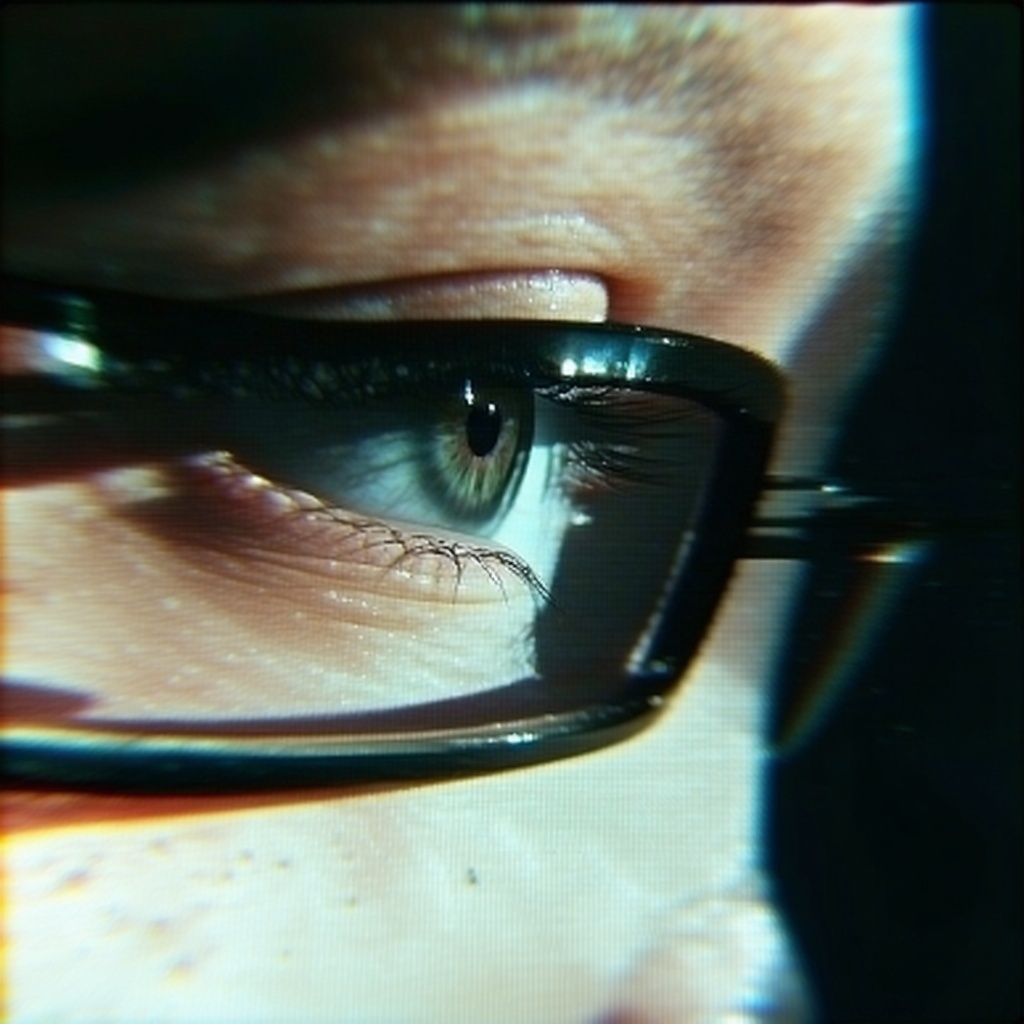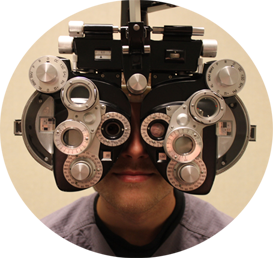Why LASIK is the best thing you can do for yourself
LASIK eye surgery may sound intimidating, not to mention costly, but the investment is...

Blurry vision can disrupt daily activities such as reading, driving, or using a computer. While it may sometimes be a minor issue, it could also indicate underlying health or eye problems. Understanding the causes of blurred vision helps determine whether medical attention or simple lifestyle changes are necessary.
Blurry vision can arise from various factors, some temporary and others requiring treatment. Here are some of the most common causes:
Recognizing these causes can help determine if basic eye care adjustments or medical treatment are needed.
Several medical conditions can impact vision. Some of the most common include:
If blurry vision is linked to a medical condition, seeking treatment can prevent further complications and restore eye health.
Blurry vision isn't always a cause for concern, but certain situations warrant a visit to an eye doctor. Seek medical attention if:
Early treatment for blurred vision can prevent long-term eye problems and maintain overall eye health.
For those with refractive errors like nearsightedness, farsightedness, or astigmatism, and are between the ages of 21-60 years old, laser eye surgery may offer a long-term solution. The procedure reshapes the cornea to allow light to focus correctly on the retina, improving vision.
Rapid Recovery – Most patients notice improved vision within a day of surgery.
Long-Term Results – Unlike glasses or contact lenses, LASIK provides a permanent solution for vision issues.
Reduced Dependence on Eyewear – Many people no longer need glasses or contact lenses after the procedure.
If refractive errors cause blurry vision, consulting an eye specialist about LASIK Eye Surgery can help determine if it's the right option.
Taking care of your eyes can prevent blurry vision and maintain clear sight. Here are some simple ways to protect your eyesight:
Small lifestyle changes and proper eye care can ensure clear vision and prevent unnecessary discomfort.
Blurry vision can result from minor eye fatigue or serious health conditions. Understanding the cause is crucial for choosing the right treatment. If you experience persistent blurry vision, visiting Rochester Eye and Laser Center can help. Our experts offer professional eye care, from routine check-ups to advanced laser procedures. Whether you need prescription glasses, contact lenses, or a permanent solution like LASIK, we are here to help.
Schedule an appointment today for clear vision and better eye health!
LASIK eye surgery may sound intimidating, not to mention costly, but the investment is...

If you are consideringLASIK eye surgery, you probably have a lot of questions. One of the most common questions we hear at the Rochester...

It's commonly believed that 20/20 vision is considered "perfect," but what does that truly signify? Perfect according to whom, and why? And what...